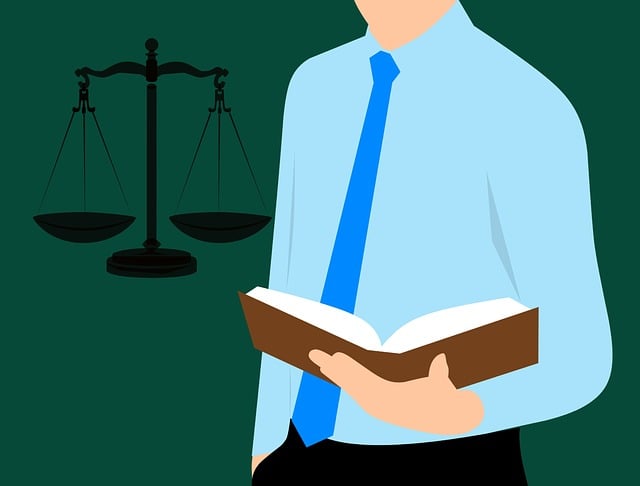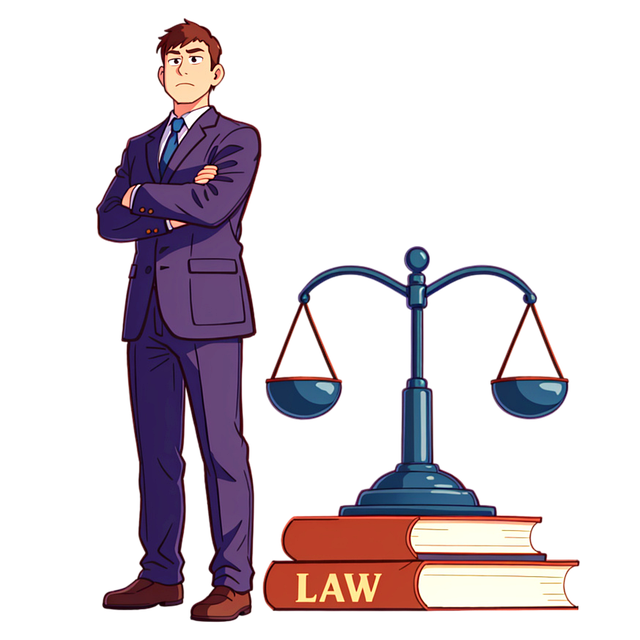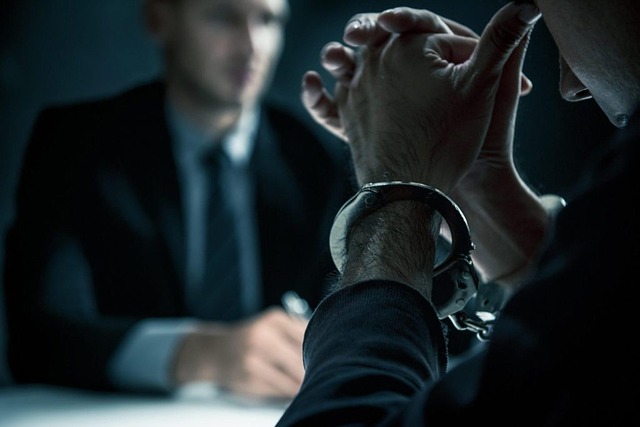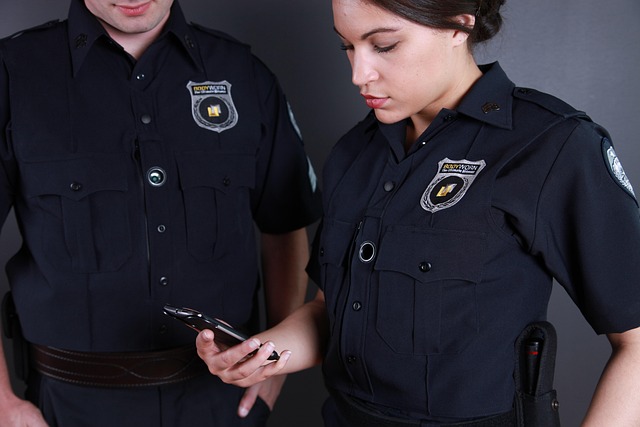Regulatory Fraud Laws are essential tools against dishonest practices that erode public trust and distort competition, covering areas from financial misdeeds to environmental violations. Navigating these laws requires understanding jury biases, which can significantly impact white-collar crime cases. Juries, though meant to be impartial, may be swayed by unconscious stereotypes, past experiences, or evidence presentation. Mitigating these biases is crucial for fairness, especially in high-stakes cases where strategies like juror screening and diverse pools are vital. Effective fraud combat also involves robust regulatory frameworks, transparent processes, and collaborative efforts between stakeholders to ensure just outcomes while preserving legal integrity.
Regulatory fraud laws are critical components of our legal system, designed to protect against deceptive practices that harm consumers and distort market integrity. This article delves into the intricacies of these laws, exploring key questions such as what constitutes regulatory fraud, the role of juries in fraud trials, and how to address jury biases that can compromise fair trials. By understanding these dynamics, we gain valuable insights into strategies for combating fraud while ensuring justice in criminal cases.
- What Are Regulatory Fraud Laws?
- The Role of Juries in Fraud Trials
- Addressing Jury Bias Challenges
- Strategies to Combat Fraud and Ensure Fair Trials
What Are Regulatory Fraud Laws?

Regulatory Fraud Laws are designed to combat dishonest practices that undermine fair competition and damage public confidence in institutions. These laws target a wide range of activities, from financial misdeeds to environmental violations, aimed at gaining unfair advantages or causing economic harm. They play a crucial role in upholding integrity within regulated industries, such as banking, healthcare, and telecommunications. Understanding these laws is essential for both businesses navigating regulatory landscapes and general criminal defense strategies.
In the context of white-collar and economic crimes, these regulations are particularly relevant when addressing complex financial fraud schemes. By understanding potential jury biases in criminal cases involving regulatory fraud, legal professionals can craft more effective defenses. Given the often technical nature of such offenses, recognizing and mitigating biases can help ensure a fair trial, with a focus on avoiding indictment where appropriate. This approach reflects the need for balanced justice in addressing these serious but nuanced crimes.
The Role of Juries in Fraud Trials

Juries play a pivotal role in fraud trials, acting as the guardians of justice by evaluating evidence and determining guilt or innocence. Understanding jury biases is crucial in navigating criminal cases, especially those involving white-collar offenses. In these complex scenarios, where corporate and individual clients are often at stake, juries must remain impartial to ensure a fair outcome.
While juries are empowered to deliver just verdicts, they are not infallible. Biases can creep in due to various factors, such as media influence or preconceived notions about certain professions or industries. In fraud cases, where the stakes are high and motivations may be murky, these biases can significantly impact the proceedings. Thus, recognizing and addressing potential jury biases is essential for achieving a complete dismissal of all charges in exceptional circumstances.
Addressing Jury Bias Challenges

Understanding Jury Biases in Criminal Cases is a complex task given the diverse nature of communities and individuals across the country. While juries are designed to be impartial, research suggests that subtle biases can influence their decisions, particularly in high-stakes cases. These biases may stem from unconscious stereotypes, previous experiences, or even the way evidence is presented. For instance, racial and ethnic minorities often face challenges in receiving a complete dismissal of all charges due to historical and societal prejudices that can creep into the judicial process.
Addressing these issues requires not only awareness but also robust strategies to mitigate potential biases. Juror screening, diverse jury pools, and extensive legal education can help ensure fairness. In high-stakes cases where millions are at stake, understanding and managing jury biases are critical to upholding justice. This is especially true as trials become increasingly complex, involving intricate legal arguments and sensitive evidence.
Strategies to Combat Fraud and Ensure Fair Trials

To combat fraud effectively and ensure fair trials, legal systems must address several key strategies. Understanding jury biases in criminal cases is crucial, as historical and social prejudices can significantly impact verdicts. By recognizing and mitigating these biases, the justice system can foster greater fairness and accuracy. This involves rigorous jury selection processes, diverse jury pools, and regular training on unconscious biases for both judges and lawyers.
Additionally, strengthening regulatory frameworks targeting white-collar and economic crimes is essential. This includes enhancing transparency, implementing stricter accountability measures, and promoting ethical conduct within businesses and political communities. Collaborative efforts between law enforcement, prosecutors, and the philanthropic sector can also play a pivotal role in preventing fraud. These strategies collectively aim to deter fraudulent activities, ensure due process, and secure just outcomes, thereby upholding the integrity of the legal system without resorting to complete dismissal of all charges.
Understanding jury biases is paramount in ensuring justice under Regulatory Fraud Laws. By recognizing and addressing these biases, we can strengthen the integrity of fraud trials, leading to more accurate verdicts. Implementing strategies that foster transparency, education, and diverse juries is essential to combat fraudulent activities effectively. Remember that a fair trial rests on an unbiased jury, which ultimately contributes to a robust legal system.






